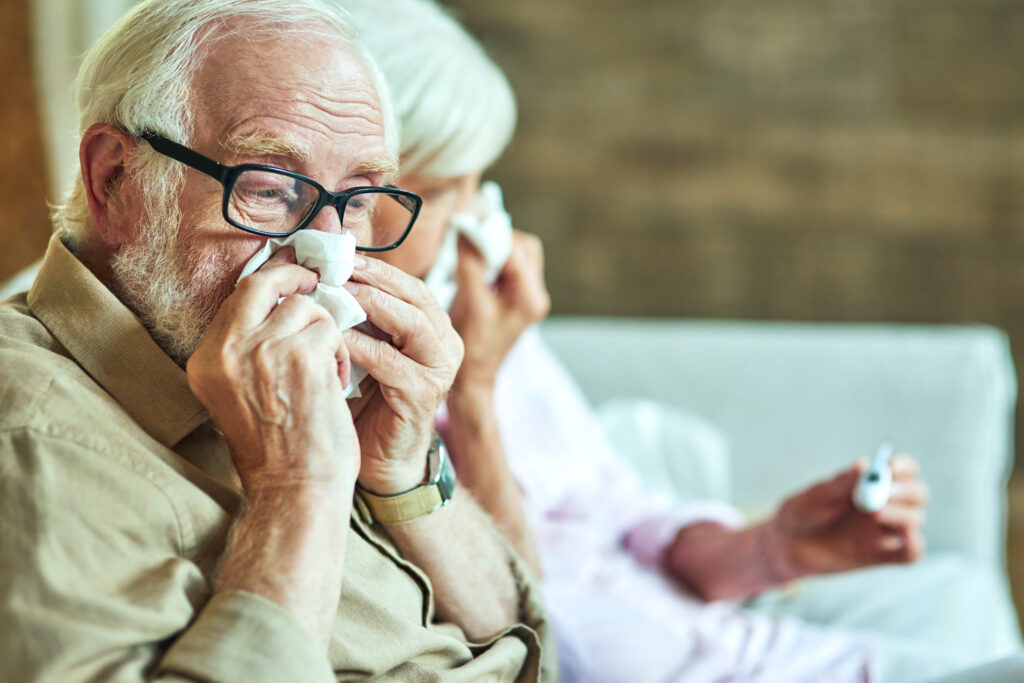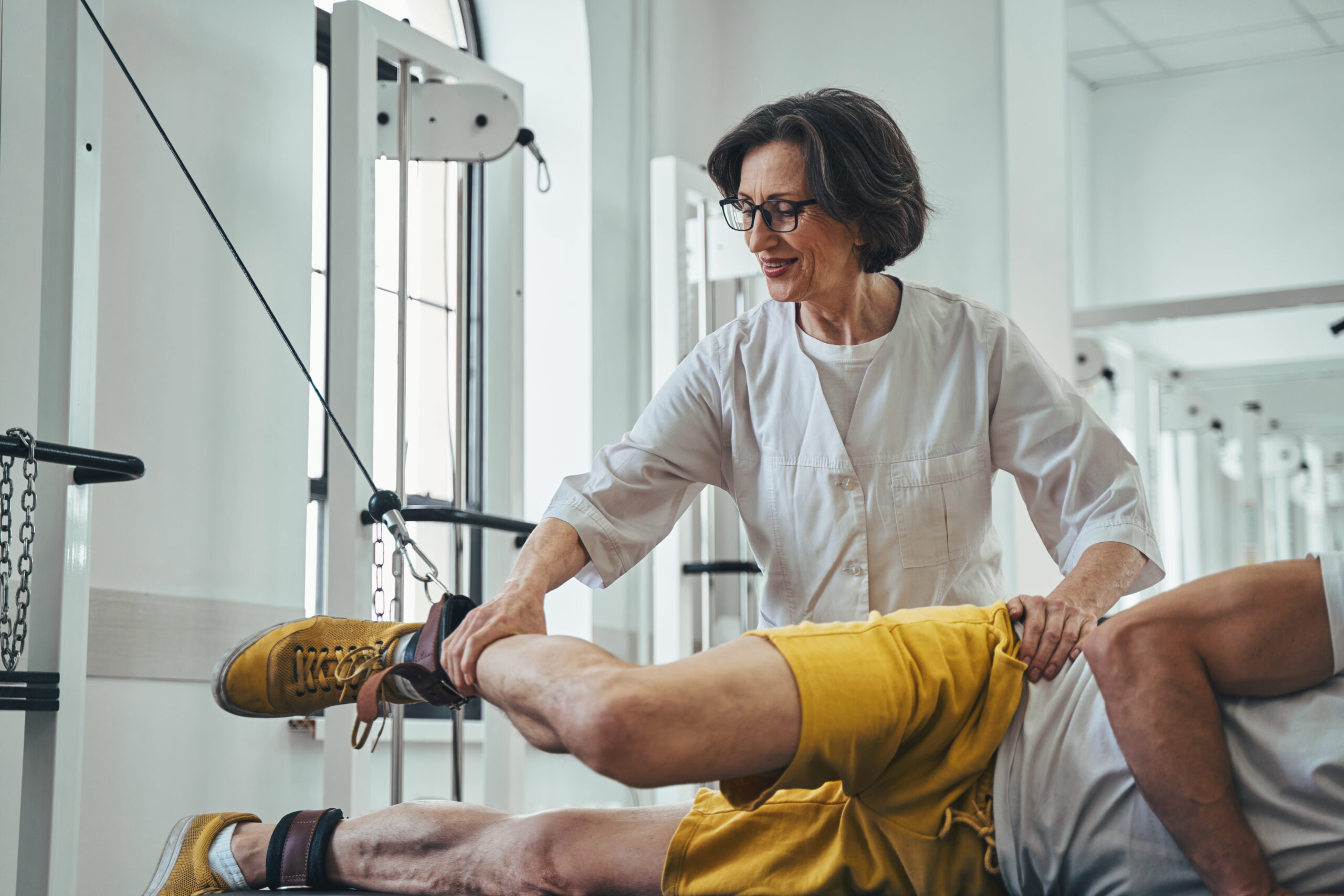

The fourth of February is considered World Cancer Day. It is not uncommon for the rehabilitation staff of Bansko Hospital to meet cancer patients. Rehabilitation helps cancer patients to restore the functions of the musculoskeletal system, but also to cope with anxiety and to regain, often, lost self-confidence. The rehabilitation staff of AGEL Bánovce Hospital also meets with cancer patients.
“Since every patient is different and the difficulties are very individual, we adjust the therapy exactly to the individual’s needs. When a patient is cured of cancer, one of their priorities is usually to make sure that the disease does not return and they are willing to do everything they can to make sure that it does. From our point of view, it is particularly important to take the right approach, which depends not only on the type of tumour, the affected area, the stage of the disease, the patient’s age or social background, but often above all on his or her psychological state,” explained the head physiotherapist of AGEL Bánovce Hospital Bc. Libuša Klamárová. Oncology patients most often come to rehabilitation with problems with balance or dizziness, after chemotherapy they are troubled by difficulties with memory and concentration.
“Rehabilitation during or after cancer treatment often focuses on the area affected by the cancer. In neck cancer, nerves that affect the ability to smile, close the eyes, speak or eat are usually damaged. Lymphoedema is a specific problem; since lymph nodes circulate fluid, damage to them can cause fluid build-up, swelling and pain. A physiotherapist then uses special massage, compression bandages and exercise to help remove the lymphoedema,” explained the experienced physiotherapist. Other complications that may or may not occur during treatment are also specific.
“We come across cases where patients suffer from incontinence, that’s when we focus on pelvic floor exercises. If a cancer patient has a mobility problem, the exercises in turn focus on muscle strength and joint range of motion. However, the main goal of rehabilitation care is not only to restore and preserve the function of the musculoskeletal system, improve endurance and strength, but also to increase self-esteem, which, unfortunately, patients often lose during treatment, or to cope with the anxiety and emotional problems that the diagnosis and the subsequent difficult treatment have caused them,” added Bc. Klamárová.
